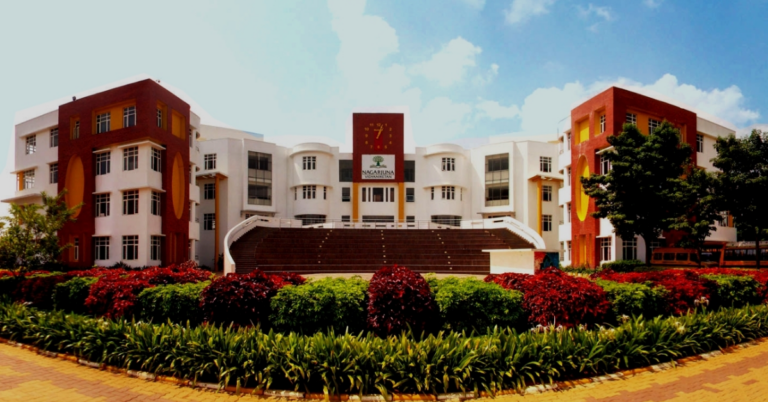Exploring the Benefits of Experiential Learning in Science Education
Hands-on learning in science education is a pivotal tool for students to grasp complex concepts that may otherwise seem abstract on paper. Engaging in practical experiments not only allows students to see the direct application of theoretical knowledge but also fosters a deeper understanding of the scientific principles at play. By physically manipulating materials, conducting experiments, and analyzing results, students are able to internalize and retain information more effectively than through traditional rote memorization methods.
Moreover, hands-on learning in science education nurtures a sense of curiosity and exploration in students. When students actively participate in experiments and investigations, they are encouraged to ask questions, make connections, and think critically about the world around them. This interactive approach not only enhances academic achievement but also cultivates valuable skills such as problem-solving, collaboration, and innovation that are essential for success in the ever-evolving field of science.
Enhancing Critical Thinking Skills Through Experiential Learning
Experiential learning is a powerful tool in enhancing critical thinking skills in students. By engaging in hands-on activities and experiments, learners are able to apply their knowledge in real-life situations, leading to a deeper understanding of concepts. This process encourages students to think more critically about the problem-solving process and develops their ability to analyze and evaluate information effectively.
Through experiential learning, students are actively involved in the learning process, which helps them move beyond rote memorization towards a more comprehensive understanding of scientific principles. By immersing themselves in practical activities, students are able to explore different avenues to arrive at solutions, fostering creativity and analytical thinking. This approach not only improves critical thinking skills but also helps students develop a stronger sense of curiosity and a passion for learning.
Fostering a Deeper Understanding of Scientific Concepts
Hands-on learning in science education plays a pivotal role in fostering a deeper understanding of scientific concepts among students. By engaging in hands-on experiments, learners have the opportunity to see theoretical concepts come to life, making abstract ideas more concrete and easier to grasp. This experiential approach allows students to actively explore and manipulate materials, leading to a more profound comprehension of scientific principles and processes.
Moreover, hands-on experiences in science education help students develop critical thinking and problem-solving skills. Through practical application of theories in real-life scenarios, learners are encouraged to analyze data, draw conclusions, and propose hypotheses. This active involvement in the learning process not only enhances their understanding of scientific concepts but also cultivates a sense of curiosity and inquiry that is essential for scientific literacy.






